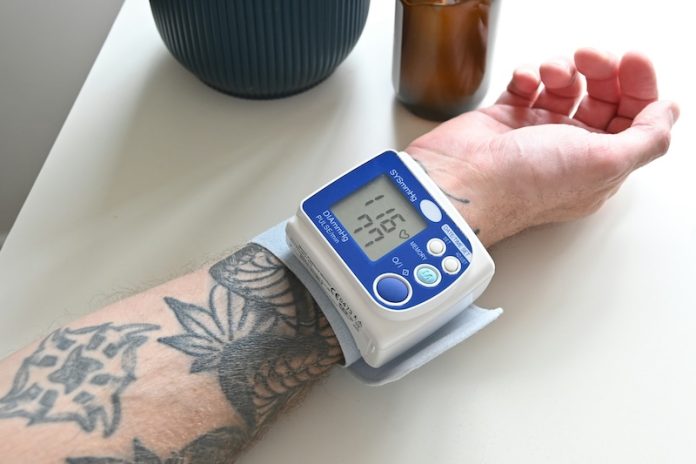
If you’ve ever had your blood pressure checked, you’ve probably heard two numbers—like 120 over 80. For years, doctors mostly focused on the top number, called systolic pressure. But now, a large new study says we shouldn’t ignore the bottom number, known as diastolic pressure. Both play a major role in your risk for heart disease and stroke.
Here’s a quick refresher: the systolic pressure (the top number) is the force of your blood when your heart is actively pumping. The diastolic pressure (the bottom number) is the pressure in your blood vessels when your heart is resting between beats.
In the past, the systolic number got most of the attention. High systolic pressure has long been linked to serious problems like heart attacks and strokes. That’s why some doctors used to believe that diastolic pressure wasn’t as important.
But that thinking is starting to change. A new study by Kaiser Permanente looked at over 36 million blood pressure readings from 1.3 million adults in Northern California. The data was collected over nine years, from 2007 to 2016.
The findings? Both systolic and diastolic numbers matter. The study showed that higher levels of either number increased the risk of heart disease and stroke.
While systolic pressure still had a stronger effect overall, the diastolic number was clearly important too. These results held true whether high blood pressure was defined by the old standard of 140/90 mm Hg or the newer, stricter 130/80 mm Hg.
This research supports updated medical guidelines that call for tighter control of blood pressure. It also means that doctors might take a closer look at both numbers, not just the top one.
So, what should you do with this information?
If you’re keeping an eye on your health, pay attention to both numbers in your blood pressure readings. Even if your systolic number looks fine, a high diastolic number might still signal trouble. The best approach is to keep both numbers in a healthy range.
That might involve changes to your diet, more physical activity, stress management, or medication if your doctor recommends it.
This study, led by Dr. Alexander C. Flint and published in the New England Journal of Medicine, reminds us that health advice evolves as we learn more. What hasn’t changed is the importance of monitoring your blood pressure regularly and discussing the results with your healthcare provider. It could be the key to preventing serious heart issues down the line.
If you care about blood pressure, please read studies about how diets could help lower high blood pressure, and 3 grams of omega-3s a day keep high blood pressure at bay.
For more health information, please see recent studies that beetroot juice could help reduce blood pressure, and results showing cinnamon could help lower high blood pressure.
Copyright © 2025 Knowridge Science Report. All rights reserved.



